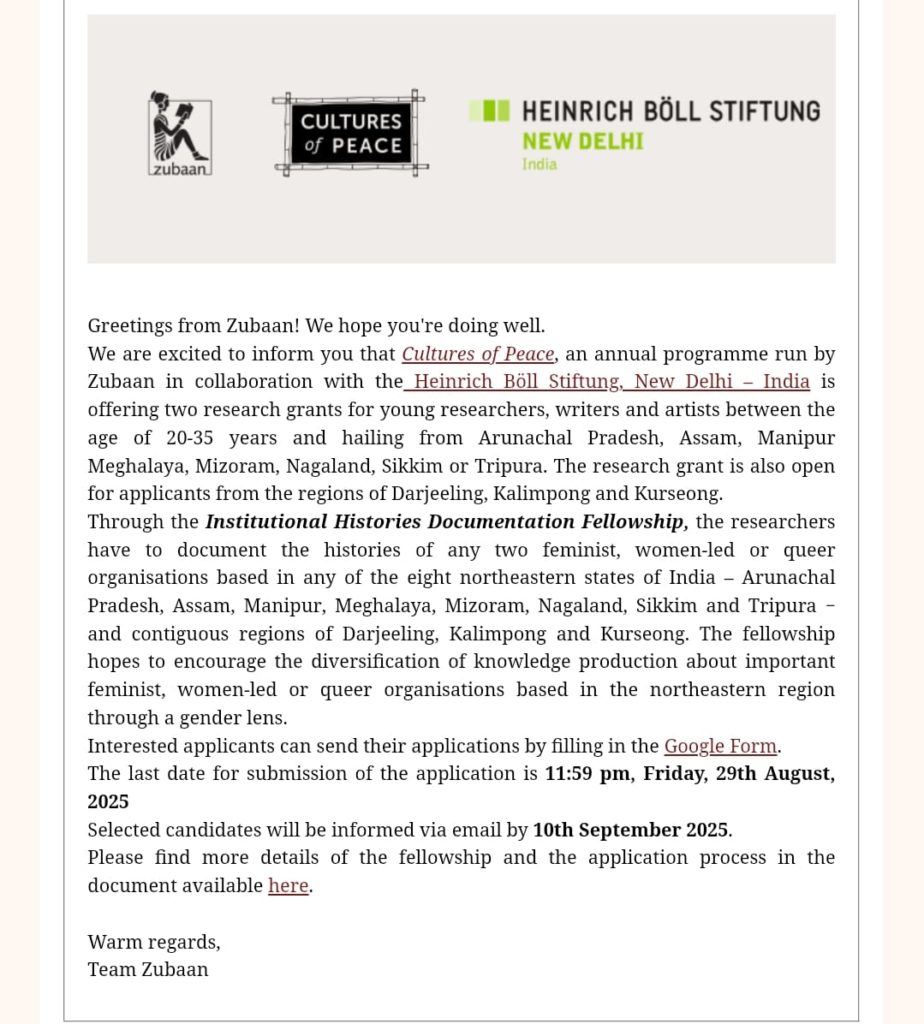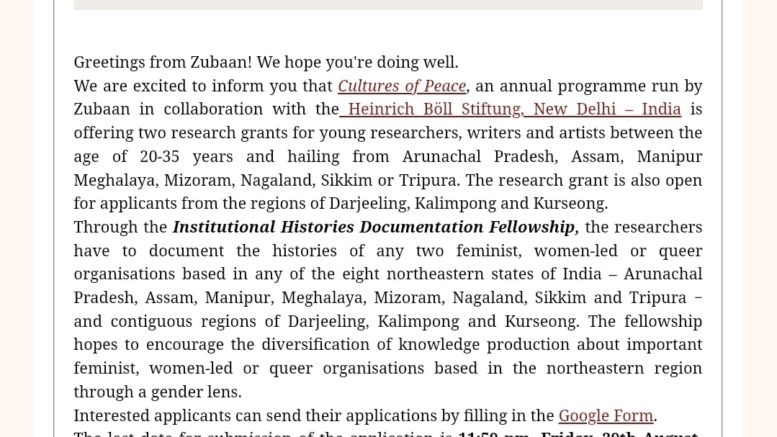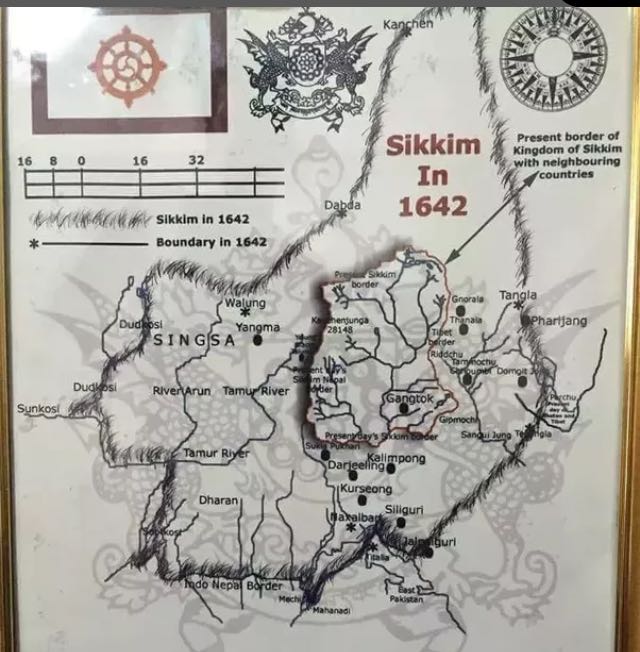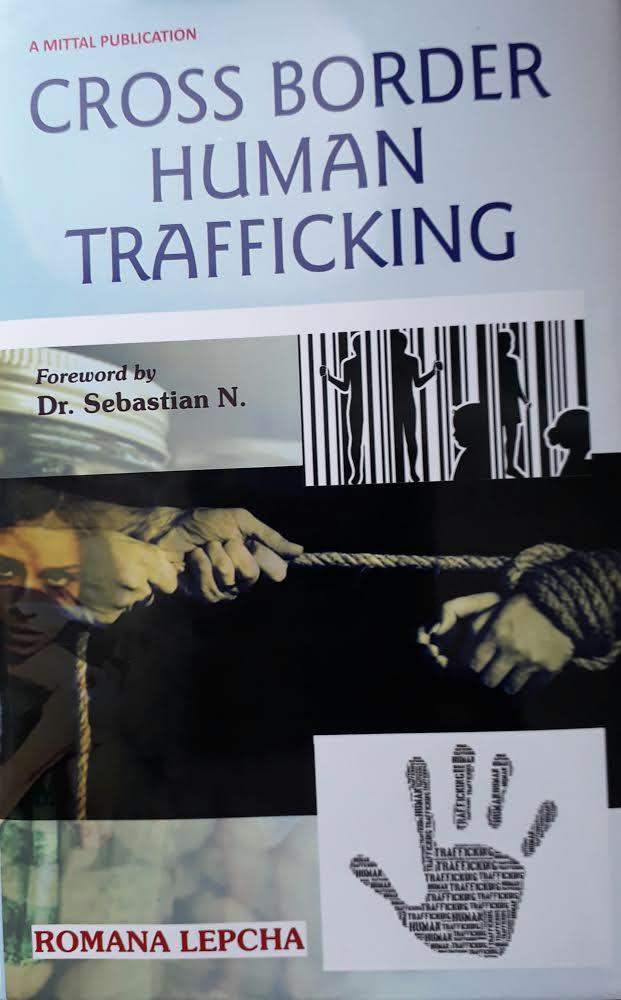Culture of Peace Research Support is very significant to us, as it is also a reflection of the growing influence of our century-old movement and its narrative asserting that we are culturally, ethnically and linguistically different from Bengal and its people Dr. Binu Sundas
Our demand and agitation for separation from West Bengal and the creation of Gorkhaland state has been ongoing for more than 100 years now. We justify this based on distinct cultural and ethnic identities. We have, at the same time, also argued that we have a closer cultural and ethnic affinity to the states of the Northeast. Based on this second argument, there have been proponents who have also asked the Government of India to make special provisions in the Constitution for the inclusion of our region into the Ministry of Development of North Eastern Region. But all these years, our efforts have fallen on deaf ears.
Moving beyond the non-material reasons for the separation from Bengal and the inclusion in the Ministry of Development of North Eastern Region, our region has suffered from underdevelopment to no development. The grievances of the people of Darjeeling and Kalimpong districts have been the step-motherly treatment meted out to us by the Government of West Bengal. We do not have ownership of our resources. It is appropriated by the West Bengal government under the pretext of taxes and the use of the material as well as the non-material resources is constantly under surveillance. Forest, land, rivers and everything associated with it are used to harness economic benefits for the state and nothing in return comes to the region or the people.
Had we been part of the Ministry of Development of North Eastern Region, which has taken the responsibility to accelerate the region’s socio-economic development by planning, execution and monitoring of various schemes to develop the region, we would had been a prosperous region with the forest, tea, timber and hydro power resources that are there in our disposal. Under the tutelage of the above Ministry, we would have reached the potential we have. However, being part of the state of West Bengal, we are excluded from all the benefits of the Ministry and the state is not concerned with our socio-economic and political welfare. The West Bengal government’s Tea Tourism and Allied Business Policy, 2019, which allows 15 percent of the tea garden’s land to be used for tourism and associated businesses, is reflective of the exploitation and marginalization of our region by the state. This Policy has been recently amended to allow for 30 percent of the land to be used for tourism purposes.
The country as a whole is oblivious of what has been happening in the Darjeeling and Kalimpong districts. They are ignorant of the history of the region and the people and fall into the trap of the dominant narrative set by the state of West Bengal and many of its intelligentsia. It is also due to our shortsightedness. Our advocacy regarding our demand and movement has always remained limited to the political sphere. Other spheres were not considered to be significant in the effort to achieve our goal. Neither institutions nor organisations- governmental or non-governmental came forward to support or understand our issue. The rallying of these organisations, I understand, is very important for our movement. They can change and create a favourable environment in the nation for our movement. They could have helped us not only by building narratives through their contacts but could also have used their moral suasion to appeal to the government’s sense of right or wrong.
The advertisement for the research grant for the Culture of Peace research programme by Zubaan in collaboration with Heinrich Boll Stiftung becomes significant to us. It is open to applicants from the eight Northeastern states, along with those from Darjeeling, Kalimpong and Kurseong. The advertisement further states that our region has been included as a contiguous region. Though the institutions do not have any political reasons for our region’s inclusion but for us it is politically a very significant development. It indicates that certain organisations, have started to understand that our region’s inclusion is of paramount importance to establish the continuity of the northeast region. Further, it is also an indication that some actors have come to the understanding that people from Darjeeling, Kalimpong and Kurseong lack support and need to be supported. Finally, this advertisement is also a reflection of the growing influence of our century-old movement and its narrative asserting that we are culturally, ethnically and linguistically different from Bengal and its people, and that this distinction is gaining legitimacy.







Be the first to comment on "Culture of Peace Research Support: How important is this for us and our narrative?"